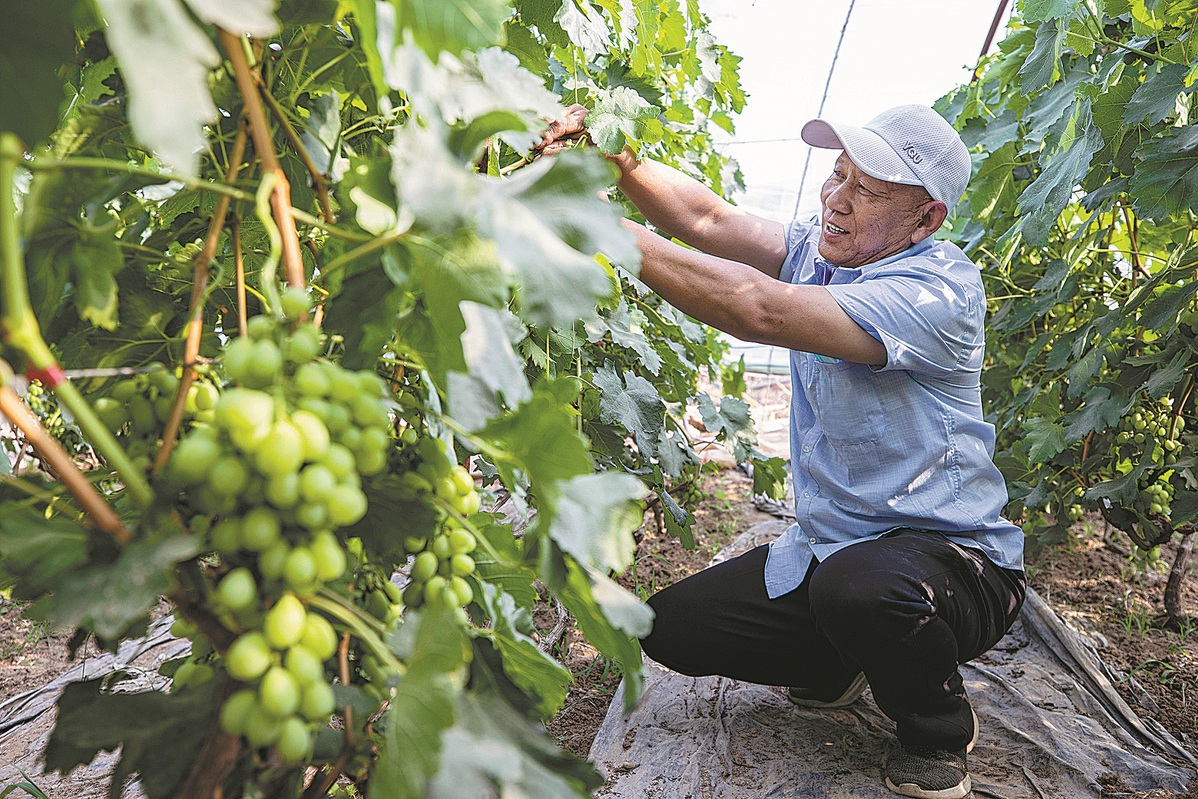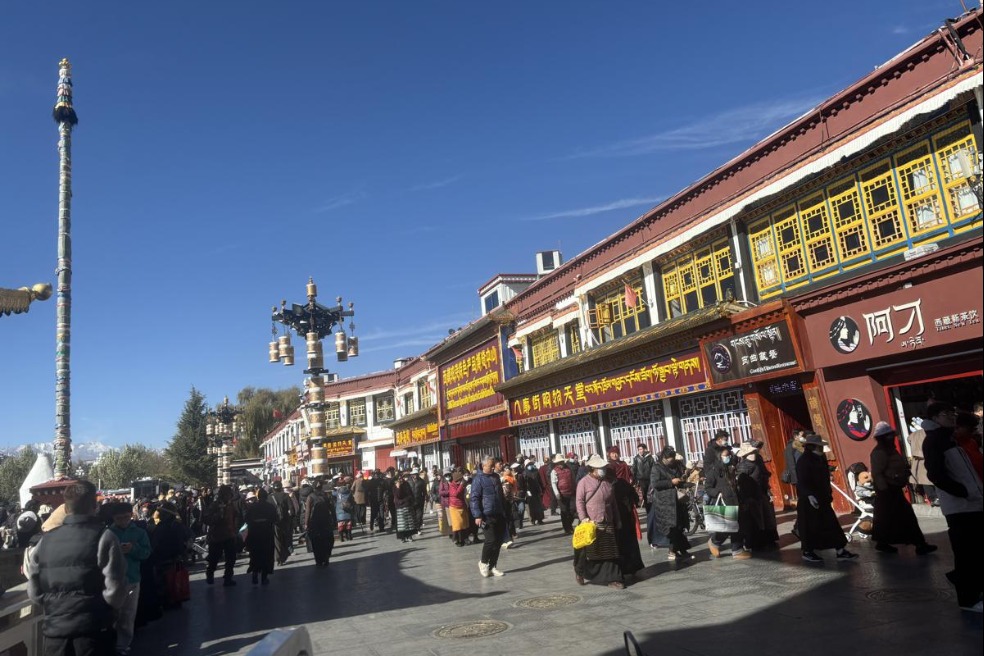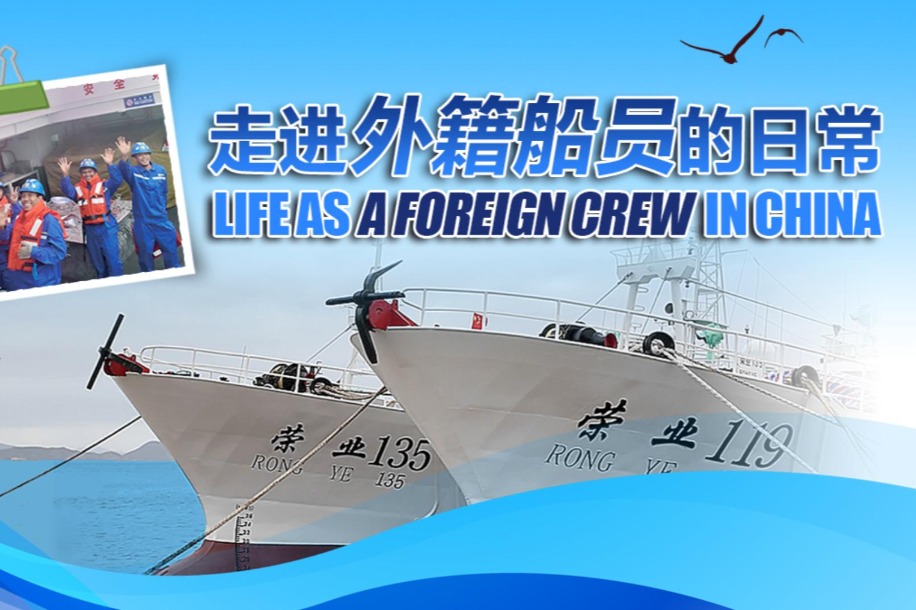Ningxia raises a glass to business success


Other industries tapping the "unfavorable" dry climate include the goji berry trade, dairy and beef cattle, and Tan sheep. The Tan sheep, a distinctive breed, is known for its tender meat. These plants and cattle are less prone to diseases when they are in arid regions.
Ningxia has developed the clean energy industry, as the Gobi Desert provides vast space for solar farms, without encroaching on arable land.
These businesses are the best examples of following directives given by President Xi Jinping, also general secretary of the Communist Party of China Central Committee, who has stressed on several occasions the importance of developing more local specialty industries and achieving better development through innovation.
During an inspection tour to Ningxia in 2020, he also emphasized the need for unremitting efforts to push for high-quality development and to accelerate the transformation of economic growth.
Liang Yanshun, Party secretary of Ningxia, told a media briefing earlier this year in Yinchuan, the regional capital, that Ningxia has been following Xi's directives-prioritizing high-quality development.
Official data show that Ningxia's GDP rose by 5.3 percent year-on-year during the first half of this year, ranking first among provincial regions.
Over the past decade, the GDP of Ningxia, an inland and ethnic autonomous region, has grown at an average annual rate of 7.1 percent, while its per capita GDP has nearly doubled.
The goji berry trade, and the wine, dairy and tourism industries have gained national prominence, according to Liang.
























